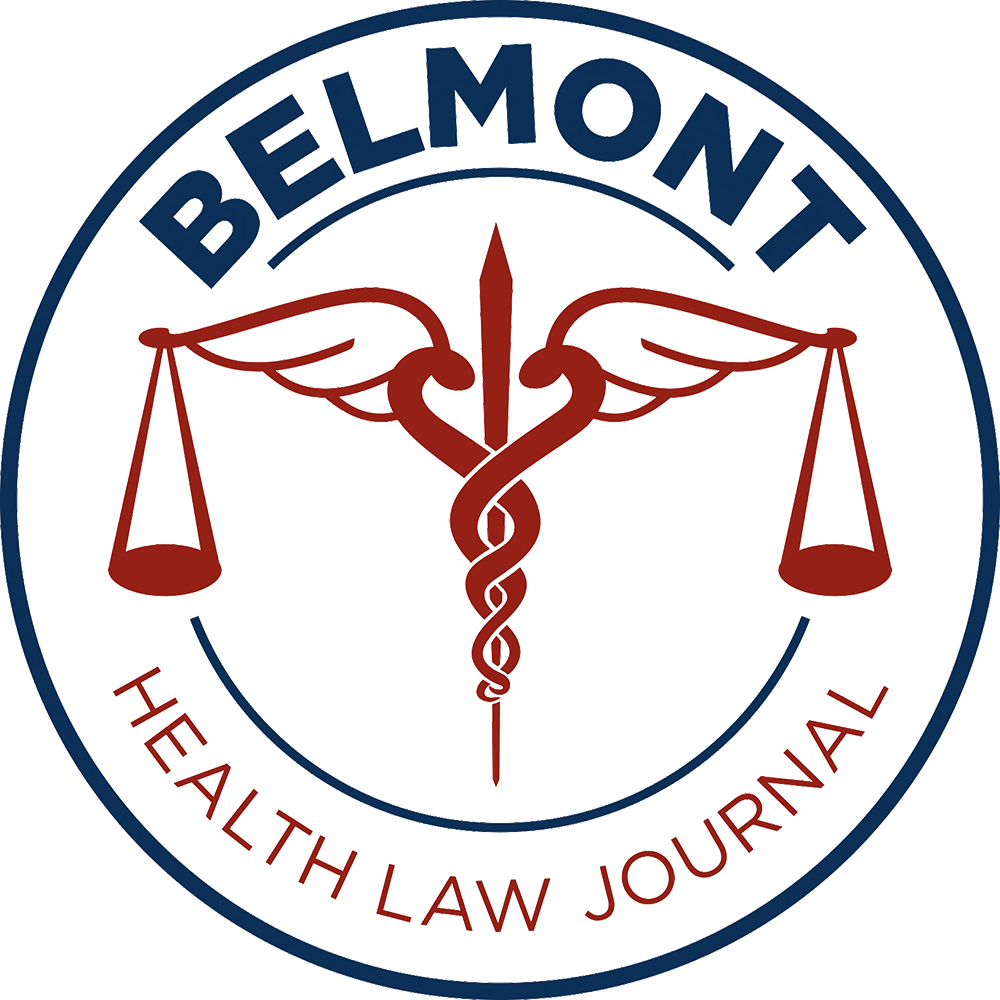By Brandon Huber, Class of 2019; Kim Harvey Looney, Partner at Waller; Justin Hickerson, Associate at Waller
A gainsharing arrangement between a non-profit hospital and members of a multi-specialty physician group has been authorized by the Office of Inspector General for the first time since the 2015 enactment of MACRA removed certain roadblocks from the expanded use of gainsharing in the healthcare industry.
An OIG advisory opinion issued earlier this month involves a proposed arrangement in which a non-profit medical center will pay certain neurosurgeons a share of cost savings realized by the selection and use of certain products during spinal fusion surgeries. Thirty-four cost-reduction measures were identified by the medical center based upon considerations of costs, quality of patient care, and utilization on a national level. Thirty-one recommendations involved standardizing certain devices and supplies used in spinal fusion surgeries. The remaining three suggested that the neurosurgeons use Bone Morphogenetic Protein for spine surgeries only on an as-needed basis.
The proposed arrangement established a three-year term, whereby the neurosurgeons would receive 50 percent of the annual cost savings, paid each year over the term of the arrangement. The compensation paid to the neurosurgeons would then be divided on a per capita basis, with the remainder being allocated towards paying the practice group’s administrative expenses. Other safeguards implemented under the arrangement included an oversight committee and a requirement that all patients be given written notice of the arrangement and an ability to review the details prior to the performance of their procedure.
In assessing the legality of the arrangement, the OIG examined the application of both the CMP and the Anti-kickback Statute. Regarding the CMP, although the OIG could not opine as to whether the arrangement would reduce medically necessary services, it found that, based on the methodology for development and payment of the cost savings, along with the monitoring and safeguards put in place, it would not impose sanctions.
Likewise, the OIG concluded that it would not impose sanctions under the Anti-kickback Statute because the arrangement presented a sufficiently low risk of fraud and abuse. The OIG based its decision on several factors:
- the majority of the money received pursuant to the cost-sharing arrangement would be divided per capita amongst the four neurosurgeons, thereby reducing the risk that any particular physician would be incentivized to generate disproportionate cost savings;
- there was no prohibition on using nonstandardized products, despite the product standardization recommendations; and
- no other neurosurgeons from outside groups were allowed to participate, reducing the likelihood that the medical center would use the arrangement to attract neurosurgeons from competing hospitals to perform surgeries at its facility.
Although the opinion only applies to the parties who requested it, the opinion can serve as a valuable reference tool for those wanting to ensure future gainsharing arrangements are legally appropriate. Furthermore, this opinion highlights the OIG’s willingness to support gainsharing arrangements as the healthcare industry transitions from a fee-for-service model of care to a system which emphasizes value-based payments.
